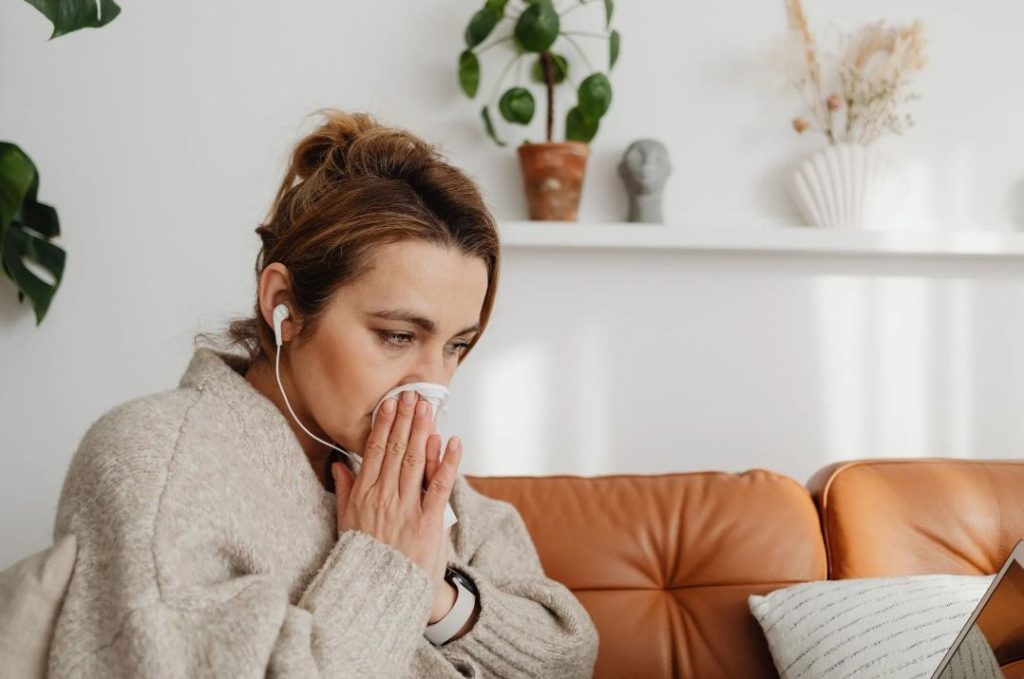Dealing with excess mucus in your chest and throat can hinder breathing, cause a lingering cough, and make you feel generally unwell. Fortunately, a combination of simple home remedies, lifestyle changes, and natural treatments can help thin mucus and ease congestion—without immediate reliance on medication.
1. Drink Plenty of Fluids
Staying well hydrated is one of the easiest and most effective ways to thin mucus. Warm liquids—such as water, herbal teas, or broths—help break down phlegm, making it easier to cough up. Aim for at least eight glasses per day; warm options with honey and lemon also soothe sore throats and support mucus reduction.

2. Use Steam Inhalation and Humidifiers
Moisture in the air can significantly ease chest and throat congestion:
- Steam inhalation: Drape a towel over your head and inhale steam from hot water, optionally enhanced with eucalyptus or peppermint essential oils to promote mucus removal.
- Humidifiers: A cool-mist humidifier in your bedroom helps keep airways moist. Clean units regularly to prevent mold buildup.
3. Gargle with Warm Salt Water
Gargling with a warm saline solution (½ to 1 teaspoon of salt per glass of water) can loosen throat mucus, relieve irritation, and eliminate germs. Repeat this several times a day until symptoms ease.
4. Perform Controlled Coughing Techniques
Learning to cough effectively helps clear mucus from your lungs:
- Sit upright with feet on the floor.
- Take a slow deep breath through the nose, hold for two seconds.
- Lean forward and cough twice in quick, short bursts.
- Repeat as needed — this method aids in transferring mucus upward
5. Apply Warm Compress to Chest and Throat
Gently placing a warm, damp cloth over your chest can increase circulation and loosen phlegm . For extra relief, add a few drops of ginger or mustard oil to enhance the effect.
6. Boost with Natural Remedies
- Honey & lemon: A potent combination with mild antibacterial and expectorant effects for soothing sore throats .
- Ginger, garlic, and spicy foods: These enhance mucus clearance and reduce inflammation.
- Pineapple juice: Its bromelain enzyme helps reduce mucus thickness and supports respiratory health.
- Herbal teas: Peppermint, eucalyptus, thyme, licorice, echinacea, and guaco teas all have anti-inflammatory or mucus-thinning properties
Over-the-Counter Expectorants
When home remedies aren’t enough, OTC expectorants like guaifenesin (e.g., Mucinex) can help thin mucus to make coughing more productive. Always pair them with ample fluid intake and follow dosing instructions carefully.
8. Make Lifestyle Adjustments
Avoid smoking and irritants: Smoke and pollutants damage airway cilia, increasing mucus production. When you quit, your airways begin healing quickly. Use nasal saline or neti pot rinses: These help clear nasal passages and minimize post-nasal drip—but use boiled, distilled, or sterile water only.
- Elevate your head at night: Sleeping with extra pillows prevents mucus pooling in the throat
- Clean air filters: Maintain HVAC filters to reduce allergens that can trigger excessive mucus
- Control diet: Some find dairy thickens mucus, while processed sugars and dehydration can worsen it

When to See a Doctor
If mucus persists beyond 2–3 weeks, is discolored (green, yellow, bloody), or is accompanied by fever, chest pain, or shortness of breath, seek medical attention promptly.
Final Thoughts
Managing phlegm and mucus naturally focuses on hydration, moisture, gentle physical techniques, and safe herbal or OTC aids. With consistent self-care, symptoms usually resolve within a week—but don’t hesitate to consult your doctor for persistent or severe cases. If you’d like recipes, more detail on remedies, or clarifications, I’m happy to help!

















